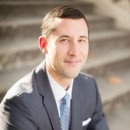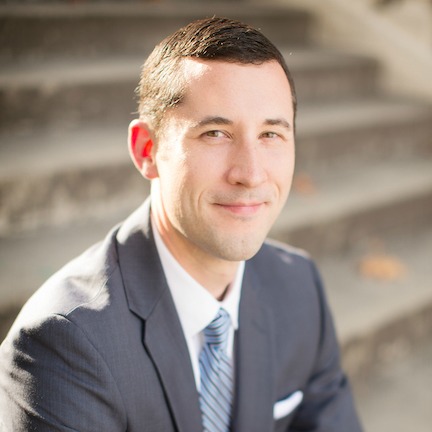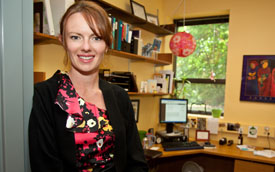Page 22 • (699 results in 0.021 seconds)
-
: Public Speaking COMA 306: Persuasion ENGL 323: Writing in Professional and Public Settings ENGL 393: The English Language PPAP 301: The Book in Society PPAP 302: Publishing Procedures Close Reading (4 semester hours) Any 300-level course with an LT designation ENGL 400: Studies in Criticism & Theory HIST 254: History of Hanford HIST 305: Slavery in the Americas HIST 346: Innovation & Technology HIST 351: History of the West and Northwest HIST 362: Christians in Nazi Germany RELI 211: Religion and
-
challenge you to reflect in class on how your community involvement relates to the academic theory you’re studying. That’s why PLU is different.Exploring the impact of our wordsA new multi-media campaign “My Language. My Choice. Words Mean Things” examines the meaning of words and recognizes the power that language has. Read MoreOur roots in Lutheran higher educationAt PLU, our values reflect the core elements of Lutheran higher education. University pastor Jen Rude explores these principles and how
-
. Studying mathematics and statistics at PLU is not just about theory. It’s about applying these disciplines to real-world problems in science, engineering, economics, or finance. Whether you’re preparing for a career in education or planning to pursue further studies in a graduate program, our courses will challenge, inspire, and inform you about the beauty and power of mathematics and statistics, as well as their practical applications. Learn more about the mathematics program at PLU in one minute from
-
audiences. Culture, History, and Power. Students will read diverse texts within their historical and cultural contexts, developing a critical understanding of how literature can both uphold and resist existing structures of power. Critical Approaches. Students will deploy ideas from works of criticism and theory in their own reading and writing. Research. Students will identify topics and formulate questions, identify appropriate methods and sources for research, and engage ethically with sources. Oral
-
justice issues. 3:30pm Riley Buckmaster An Exploration of Complex Analysis focusing on Integrals, Derivatives and Taylor Series in the Complex Numbers. 4:00pm Nathan Edwards We will explore how to solve the single-player board game Peg Solitaire using group theory.
-

, where his course load has included saxophone, chamber music, music theory, ear training, music appreciation, and digital music. He is also on faculty at the University of Puget Sound Community Music Department and is the founder and conductor of the South Sound Saxophone Ensemble. Steighner has premiered dozens of solo and chamber works and appears on CD releases from labels including Albany Records, Alea Publishing, Mark Custom, Naxos, Reference Recordings, and Vienna Modern Masters. Steighner
Office HoursMon - Fri: - -

, where his course load has included saxophone, chamber music, music theory, ear training, music appreciation, and digital music. He is also on faculty at the University of Puget Sound Community Music Department and is the founder and conductor of the South Sound Saxophone Ensemble. Steighner has premiered dozens of solo and chamber works and appears on CD releases from labels including Albany Records, Alea Publishing, Mark Custom, Naxos, Reference Recordings, and Vienna Modern Masters. Steighner
Office HoursMon - Fri: - -
So You Want to Be a Dentist?Dentists are responsible for the oral health care of their patients. Dentists diagnose and treat problems with patients’ teeth, gums, and related parts of the mouth. They provide advice and instruction on taking care of the teeth and gums and on diet choices that affect oral health. People come to dentists to have their teeth cleaned or to find the cause of tooth or gum pain. In a typical day, a dentist may fill cavities in teeth, perform surgeries to repair or
-
So You Want to Be a Dentist?Dentists are responsible for the oral health care of their patients. Dentists diagnose and treat problems with patients’ teeth, gums, and related parts of the mouth. They provide advice and instruction on taking care of the teeth and gums and on diet choices that affect oral health. People come to dentists to have their teeth cleaned or to find the cause of tooth or gum pain. In a typical day, a dentist may fill cavities in teeth, perform surgeries to repair or
-

of employer relations? And how will it affect students?According to Hughes, the newly created position will be something of a facilitator among many of the essential career planning services already available to students, such as the offices of Career Development and Academic Internships, or the opportunities made available through academic departments or the Alumni office. To be clear: Those offices and opportunities are not going away. “My role is more of a collaborator – to bring a lot of the
Do you have any feedback for us? If so, feel free to use our Feedback Form.


